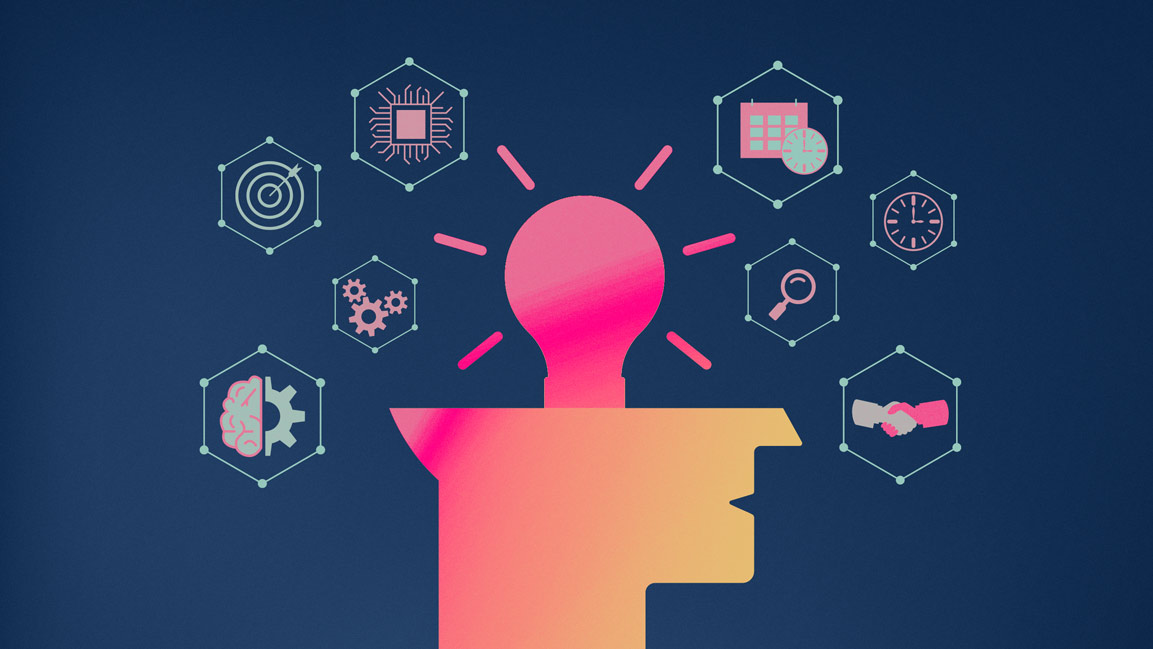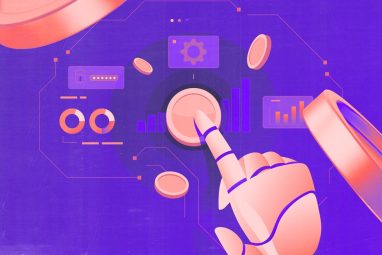This is How Karnataka is Working in Tandem with IndiaAI Mission
An initiative that makes Karnataka stand out is its AI-focused centers of excellence.
Topics
News
- Agentic AI Push Spurs Calls for Human Oversight, Clear Rules
- India Plugs Into Pax Silica as AI Supply Chains Realign
- India AI Impact Summit 2026: Did India’s Tech Push Just Take a Hit?
- When Autonomous AI Tests the Limits of Oversight
- UN Bets on Science to Steady AI Governance
- Legacy IT Leaders Say India’s AI Future Lies in Talent, IP

Over the past few years, Karnataka has quietly laid the groundwork to become India’s leading AI innovation hub, not just in Bengaluru, but across the state. The government is designing a future-ready course that weaves artificial intelligence into both governance and growth by establishing centers of excellence, partnering with technology giants, and supporting grassroots innovation.
In October 2017, the Karnataka government signed an MoU with Microsoft India to boost farmers’ income using cloud, machine learning, and advanced analytics. By July next year, a centre of excellence in data sciences and artificial intelligence was launched in collaboration with NASSCOM, signalling the state’s long-term commitment to AI-led development.
Moreover, the state has created a ₹100 crore venture capital fund to support deep-tech startups in emerging domains such as AI, ML, electric vehicles, med-tech, drones, and robotics.
In an exclusive conversation with MIT SMR India, Ekroop Caur, secretary, department of electronics, IT, BT and S&T, Government of Karnataka, said, “AI is no longer optional; it’s becoming ubiquitous. We’re investing heavily in skilling programs and centres of excellence in clusters like Mysuru and Dharwad. These cities produce 25,000–30,000 STEM graduates every year; we want to channel this talent into AI-ready careers.”
This decentralized approach is part of the ‘Beyond Bengaluru’ initiative, which aims to democratize innovation and skill development across Karnataka. Caur said that integrating AI tools into teaching and encouraging hands-on learning are key to scaling talent. “Many of us learnt computers by using them, we want students to experience AI in the same way. Early exposure is key.”
In Alignment with IndiaAI Mission
Karnataka’s strategy dovetails seamlessly with the central government’s ambitious IndiaAI Mission, which focuses on democratizing AI access, especially compute infrastructure.
“Startups can now access compute at subsidised rates, which was a major gap earlier,” she said. “A large portion of these benefits has reached Bengaluru, thanks to our robust AI startup ecosystem. We’re also working closely at the state level to contribute to national efforts like building foundational datasets.”
An initiative that makes Karnataka stand out is its AI-focused centers of excellence. One of these, in collaboration with the IIT Alumni Association, is nurturing startups and hosting AI hackathons. Another, built in association with the World Economic Forum, is dedicated to applied AI, spanning robotics, sensor technology, and more.
Another ambitious initiative underway is INNOVERSE, under which the Karnataka government will establish a first-of-its-kind deep tech-dedicated innovation center in Bengaluru.
Not to mention, the state also leads in hosting global capability centers (GCCs), and it aims to maintain that edge. “It all starts with talent. That’s our biggest asset, and we are doubling down on workforce development,” said Caur. Karnataka is also the first Indian state to launch a dedicated GCC policy, offering incentives for skilling, internships, and academia-industry collaborations to foster IP creation.
The Real AI Impact
The on-ground AI transformation is tangible. Caur shared how AI has changed her day-to-day work: “Tasks that used to take a lot of time can now be done much faster. Whether it’s deep-diving into a topic or analysing complex data, AI tools bring unmatched speed and precision.”
However, some of the most impactful use cases are unfolding in public service. “One area that I’m particularly excited about is education. With our large rural population, AI can vastly improve the quality and delivery of education.”
Another transformative example lies in rural healthcare. “There’s a Karnataka-based startup that has developed an AI-enabled stethoscope. It records readings directly on a mobile phone and can predict early signs of cardiac issues,” Caur pointed out.
She said that this kind of predictive capability is invaluable in villages where access to cardiologists is limited. It can save lives by enabling early diagnosis and reducing the need for long-distance travel.
This, among the many examples of innovation coming out of the state, reiterates how Karnataka is shaping India’s AI journey. It is steadily achieving that goal by nurturing homegrown AI startups, building a resilient AI-ready workforce, and piloting rural tech innovation.
The government’s inclusive and proactive approach signals a deep belief in the transformative power of AI for the tech elite and for every citizen across the state.






